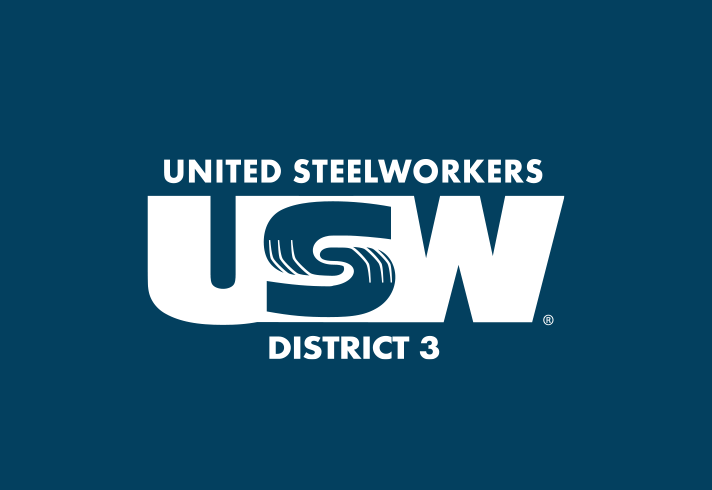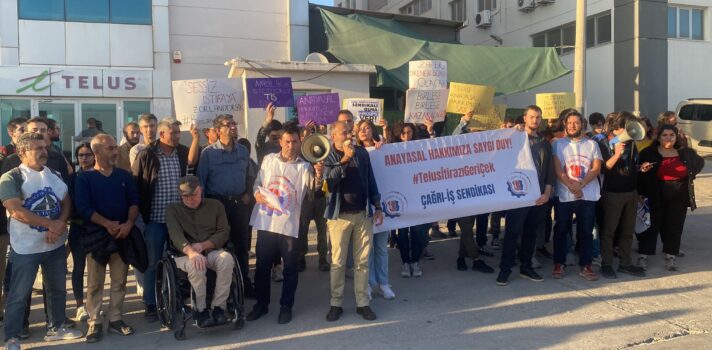To: BC Local Unions, BC Staff
From: Scott Lunny, Jeff Bromley
Last week, forestry company Canfor announced it was reneging on the corporation’s commitment to rebuild sawmill operations in Houston, BC. Canfor also took the opportunity to announce that the indefinite closure of Polar Sawmill in Bear Lake, BC, was now permanent and that hundreds more jobs were ending as it closed a line at its Northwood Pulp operations in Prince George, BC. All in all, this is another gut punch to BC forestry workers and communities, especially in Northern BC.
Canfor cites “access to economically available fibre” and the decline in timber supply. Something we all know about, whether pine-beetle infestations or climate change, and as of today, an even earlier start to fire season, with more communities facing evacuation orders and alerts. It’s something many knew was coming, and it worries us that another mill or pulp operation– maybe more- would close in the Prince George Timber Supply Area (TSA).
But reneging on the Houston rebuild—just eight months after Canfor promised workers in Houston, BC, a $200 million investment in “a new state-of-the-art manufacturing facility–it’s fair for workers to ask Canfor for some answers.
Eight months ago, the corporation’s CEO claimed the decision to rebuild followed “a careful evaluation of the availability of economic fibre in the region to support a successful investment.” The provincial government provided the necessary fibre supply assurances. In fact, Canfor was so excited to proceed they proclaimed, “Work will begin immediately on detailed project engineering and permitting requirements…. with demolition and site preparation scheduled for the spring.”
Fast forward to today, no details, no site prep, and the company offers a vague referral in their decision to abandon Houston, BC to “the result of the cumulative impact of policy changes and increased regulatory complexity.” Workers are owed a better answer.
Behind closed doors, some claim it might be concern about now tabled Land Act changes, along with fearmongering about First Nations’ rights. We support First Nations rights and reconciliation, and surely so does Canfor. The fibre supply that the government all but guaranteed is still there under the same conditions that existed eight months ago. The only change is that Canfor plans to log it, not mill it. Again, workers deserve a better answer.
It’s the same old story for BC forestry workers: companies run flat out when prices are high and then invest south of the border when prices fall. Last quarter, Canfor acquired manufacturing operations in Arkansas, and earlier this month, it confirmed that its plan to build a new sawmill in Alabama was still a go.
To add insult to injury for BC forest workers, Canfor is still logging in the same tenure that once fueled these shuttered mills. Over decades and governments of different stripes, Canfor and other forest companies have successfully lobbied to eliminate most regulatory requirements that once informed and enforced the social contract that tied local trees to local jobs.
Without any threat of losing access to that timber, there’s no motivation to invest or re-invest to keep workers employed, to support rural communities or to rebuild BC’s forest industry. Or is this about politics? Something about an election in the fall in BC? Would Canfor invest if the BC United Party were in power.
Maybe it’s not politics and it’s just business. Business pages might even say Canfor’s doing a fine job by its shareholders but not its stakeholders. In community after community, it’s failing in its commitment to forestry workers and the people of BC. A company that cared would sit down with all of us, including workers, First Nations and the government.
BC forest workers and their communities are facing a crisis for their futures. Although forestry remains a significant contributor to the province’s economy, since 2001, the industry has witnessed a 45% decline in employment, and jobs have been lost for nearly 35,000 workers.
The challenges facing rural BC and the forest industry go hand in hand. Often the largest employer in a small town, the impact of job loss is significant. When forestry struggles, communities struggle, from recruitment and retention challenges in health care to maintaining basic infrastructure.
Earlier this year, the United Steelworkers joined the other unions in the forest sector, Unifor and PPWC, to hold an unprecedented BC Forestry Workers’ Summit. Together with these unions, forest workers have prepared a series of recommendations they have shared with the BC government to ensure forestry remains a viable, sustainable industry into the future.
But in the short term, it’s time for the provincial government to invite Canfor into a room, along with labour, First Nations and the communities, and fix this. And if Canfor won’t do that, let’s find someone who will.
Our communities, our jobs, depend on it.
Scott Lunny, Director
Jeff Bromley, Wood Council Chair
Download
Request this file in a different format
Share on Facebook



